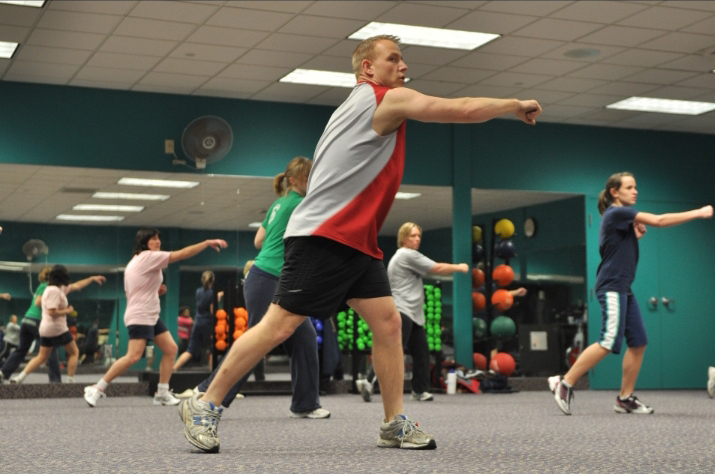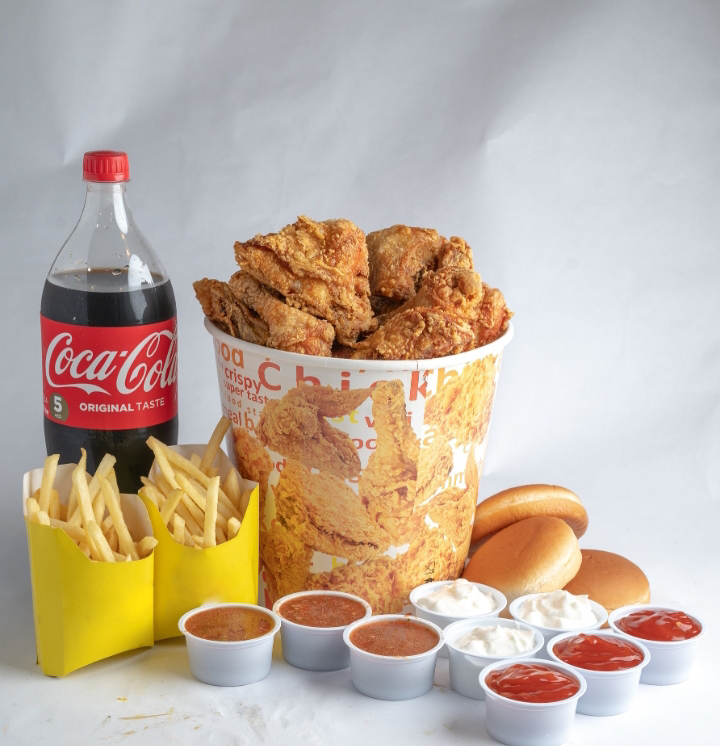Reducing Calorie Intake
Reducing Calorie intake is the first step to starting
weight management, better digestion and better living. But sometimes this first
step becomes the most difficult step for most of us. Our mind which is
conditioned to eat and crave unhealthy foods since childhood gives in to the
temptations.
This upsets the whole process of reducing calorie intake and weight management. Often we discuss our disappointment and
frustration among ourselves and share different ideas to achieve calorie
control which everyone seems to know. But the real thing is to achieve the goal
of calorie control.
Why calories are needed?
We get calories from the food we eat, all major
components of food protein, carbohydrates, and fats contain calories. The body
needs these calories as they are the energy found in food. Your body needs
these calories to keep working.
Whatever fad diet you use to lose weight the actual
thing is to consume fewer calories and burn more. In other words, you need a
calorie deficit. This is the one and the only thing required. But burning that
many calories are difficult for most of us as lifestyle, age, food habit,
strength and energy levels differ from person to person.
Let's discuss some possible methods to reduce calorie intake and calorie deficit.
1, Burn
Calorie
A regular 30 minutes of daily physical activity or
150 minutes of weekly activity is needed at least to be active and fit. This is
the best way to burn calories and achieve calorie control. Burn more calories than you consume by increasing
your physical activity. If you eat proper calories but add more exercise,
you'll create a caloric deficit simply by burning extra calories. This will only
work if you're not overeating, to begin with.
It takes 20
steps to burn 1 calorie, so walking 10,000 steps burns off about 500
calories. The recommended daily calorie requirement is 1,800 for an average
female and 2,200 for an average male.
One pound (1 kg=2.2 pound)
equals 3,500 calories. So if your goal is to lose 1 pound per week, you'll need
to burn about 500 to 1,000 more calories on average. It's also important
to have a healthy diet plan to keep extra calories in check.
2, Start small
When you start eating your food try to be a little meager
while putting food on your plate. Fill your plate with a small quantity of food
avoiding high-calorie goodies.
If you are eating outside then high-calorie food
should be less in quantity. If you want to eat your favorite high-calorie food, then fill your plate with lots of salad after the first few servings. The fiber in the salad will make you feel full earlier, enhance
vitamin intake and make your digestion better besides leading you to intake
fewer calories.
3, Check food labels
If you are buying your food or its ingredients from
outside, keep a check on the calorie chart printed on it. You need to keep your
calorie target in mind while buying random food.
Keeping a conscious effort to not order or
buy junk food or high-calorie meal while you plan for calorie control is a must. Though it will sound impossible, food labels will help you find out
about the calories and type of ingredients used.
Food labels will help you decide what to eat or
what to avoid to reduce calorie intake.
4, Eat on a smaller plate
It is a good habit to eat on smaller plates to
practice portion control. Sometimes most of us feel convenient eating from big tubs, buckets or packets of food like ice-creams, chips, munches or
popcorn.
Believe me, this is not the best way if you want to
achieve calorie control. As we tend to eat in larger quantities and lose track of
the calories consumed. We end up loading ourselves with lots of food, more
calories and guilt.
It is better to eat less, practice portion control
and discover the benefits of reduced calorie intake.
5, Get back to weight loss basics
Start with a beginner's approach to achieving calorie
control for weight loss. Eat high-protein food that will satiate your hunger
with a lesser quantity of food. You will get full in fewer calories.
Avoid sugary drinks and fruit juices and eat more
fibre in food. Fibrous food is less in calories and will fill your tummy
faster. Eating lots of fruits and raw veggies in the salad will fill your tummy
fast and help you with calorie control. Instead of fine grains shift to wholegrain alternatives to increase nutrition and reduce calorie intake.
6, Healthy snacking
You must always look for snacks that
are low in sugar, fat, and salt. The snacks you should look for must be high in
nutrients such as fibre and protein. Beans, nuts, and raw vegetables and
fruits are often good choices. They definitely help a person feel fuller
and provide the necessary nutrients.
Just try to avoid refined
carbs like sugar, candy, and white bread. Try to keep your protein intake high
and If your goal is to lose weight fast reduce your carb intake. Snack on fruits
like apples and bananas with peanut butter, wholegrain popcorn, mixed nuts,
soups, cooked whole grains and beans. They provide lots of nutrition and energy
to your body.
7, Shun soft drinks
If you want
to reach a calorie deficit, drinking soda and other sugary or sports drinks
will seriously hinder your calorie control and weight loss goals. It is
doubtful that you can enter a calorie deficit while drinking so much liquid
sugar that only adds up your calorie intake and body fat storage.
Soda is high in calories and doesn't curb
hunger and makes you easily consume a high number of calories. Research also
shows that people who frequently drink soda have a high percentage of fat in their bodies.
Even diet
soda might not be great to gulp down too much even though it has 0
calories as not much data is available regarding their adverse effect on health.
Beverages
that are low in calories but high in nutrition are good options when you're
trying to lose weight. Skim and soy milk both fit that bill. Plant-based milk
substitutes, like almond milk, typically have fewer calories than cow's milk
but less protein, so they're not necessarily better for weight loss.
Read more about healthy beverages
8, Improve unhealthy food habits
Certain food habits which we cultivate as a child
should be relooked into and changed. As you grow from child to adult start
adapting to a healthier lifestyle. It is always suggested to enhance good food
habits from childhood.
Things you really need to change for calorie
control are:
1. cutting
high-calorie treats will be better for you.
2. Fried foods must be avoided.
3. Buy
thinner-crust pizza to consume lesser nonfibrous flour.
4. Don’t
drink too many soft drinks
5. Use
less sauce as it contains extra salt and sugar.
6. Don’t
add sugar to tea or coffee, as they taste better without it.
7. Don’t
store junk food in your house.
8. Don’t
go for large-size packs if you order meals as you will tend to consume more
calories.
9. Skip
dishes with extra cheese or cheesy dips as they can spoil your plan if you are
on a calorie control spree.
9, Adopt healthy food habits
If you want to achieve your weight loss target fast
and acquire calorie control with ease you need to look into adopting healthy habits.
Some of the healthier habits for calorie control are as follows:
1. Stop
taking a second helping you will tend to overeat this way.
2. Avoid
alcohol to stop calories and weight gain.
3. Ask
for a doggie bag when eating out and eat an extra meal at home later on.
4. Bulk
up your meals with lots of vegetables
5. Eat
your meals slowly, chewing them properly and letting the brain signal you to stop
eating.
6. Always
go for a low-calorie starter.
7. Dink
water before meals, so that you will feel full early.
8. Often
make your own food at home.
9. Use
smaller plates to practice portion control.
10. Count
your calories while eating during the entire day.
11. Don’t
finish everything on the plate and don’t eat too much.
12. Eat
mini versions of your favourite sweet for calorie control.
13. Include
protein in every meal, this will help you to get full in fewer calories.
Calorie control is a bigger challenge than
eating healthy food. You need to be aware and constantly work on yourself.
You should know what to eat and when to stop. Let’s practice healthier habits
and avoid unhealthy habits to achieve calorie control.














No comments:
Post a Comment